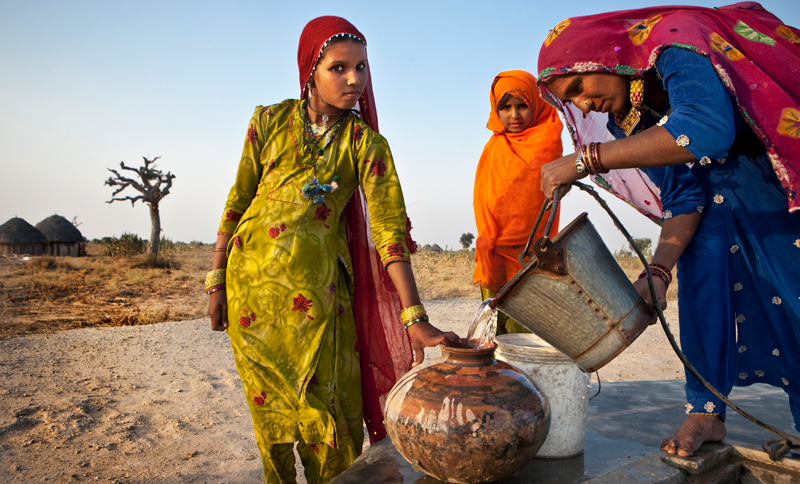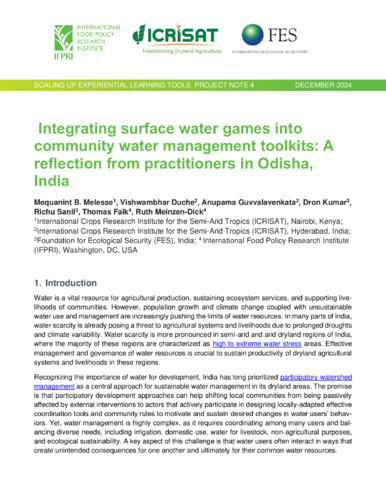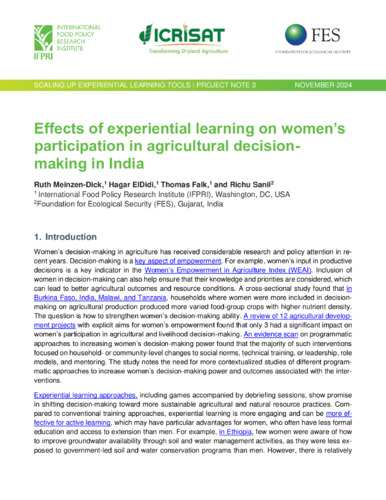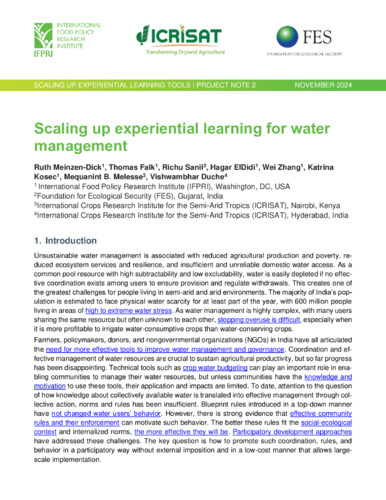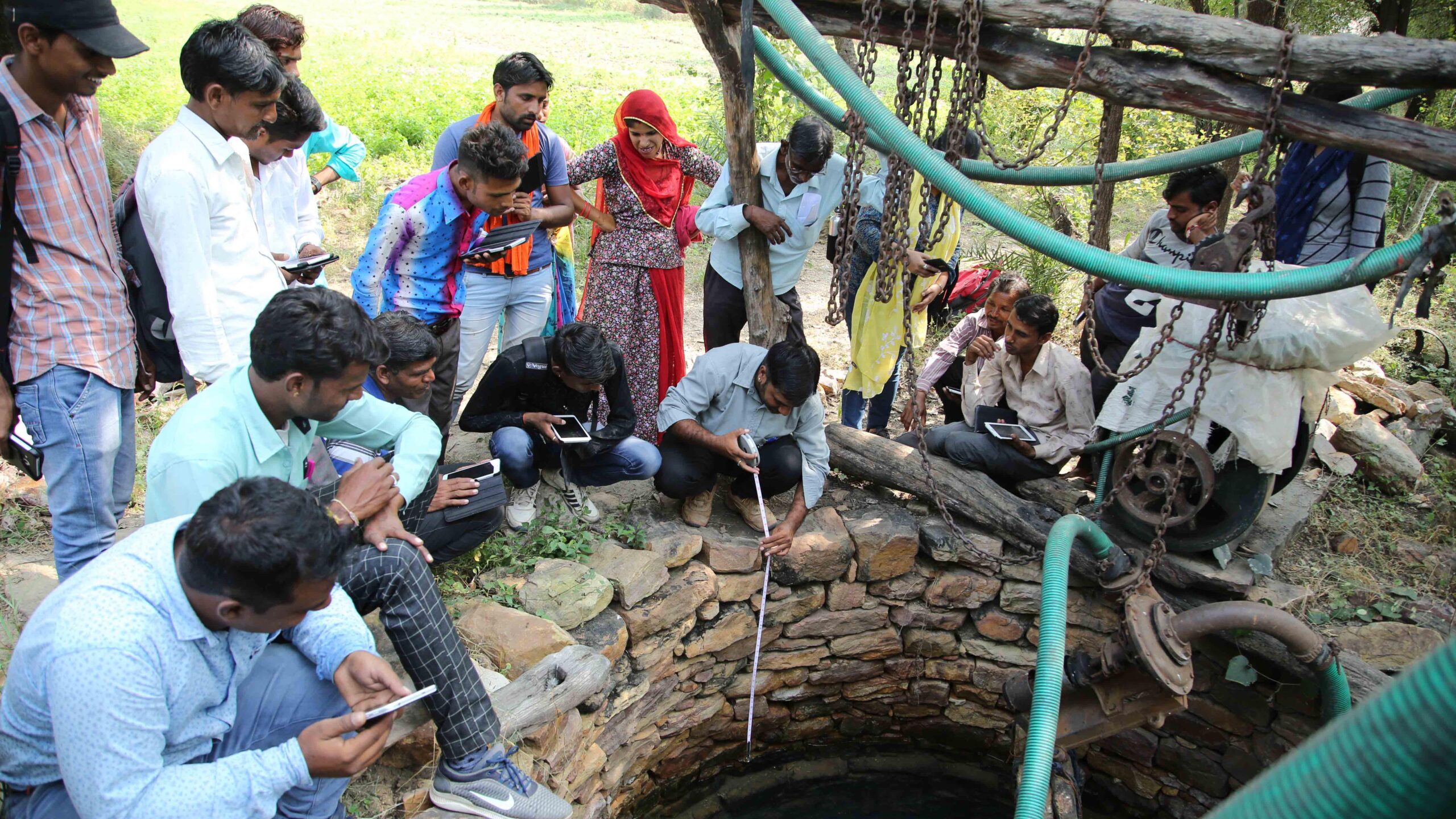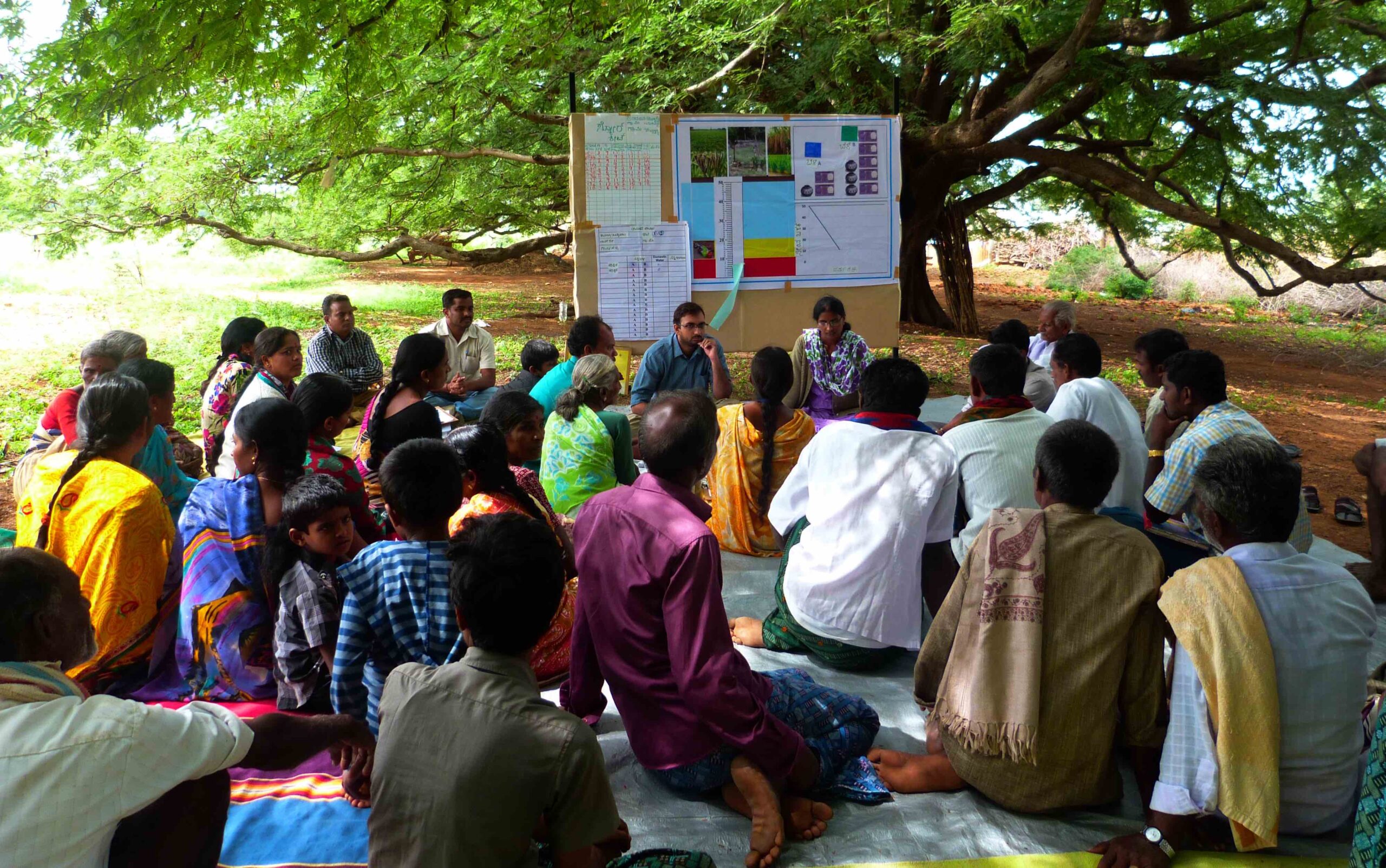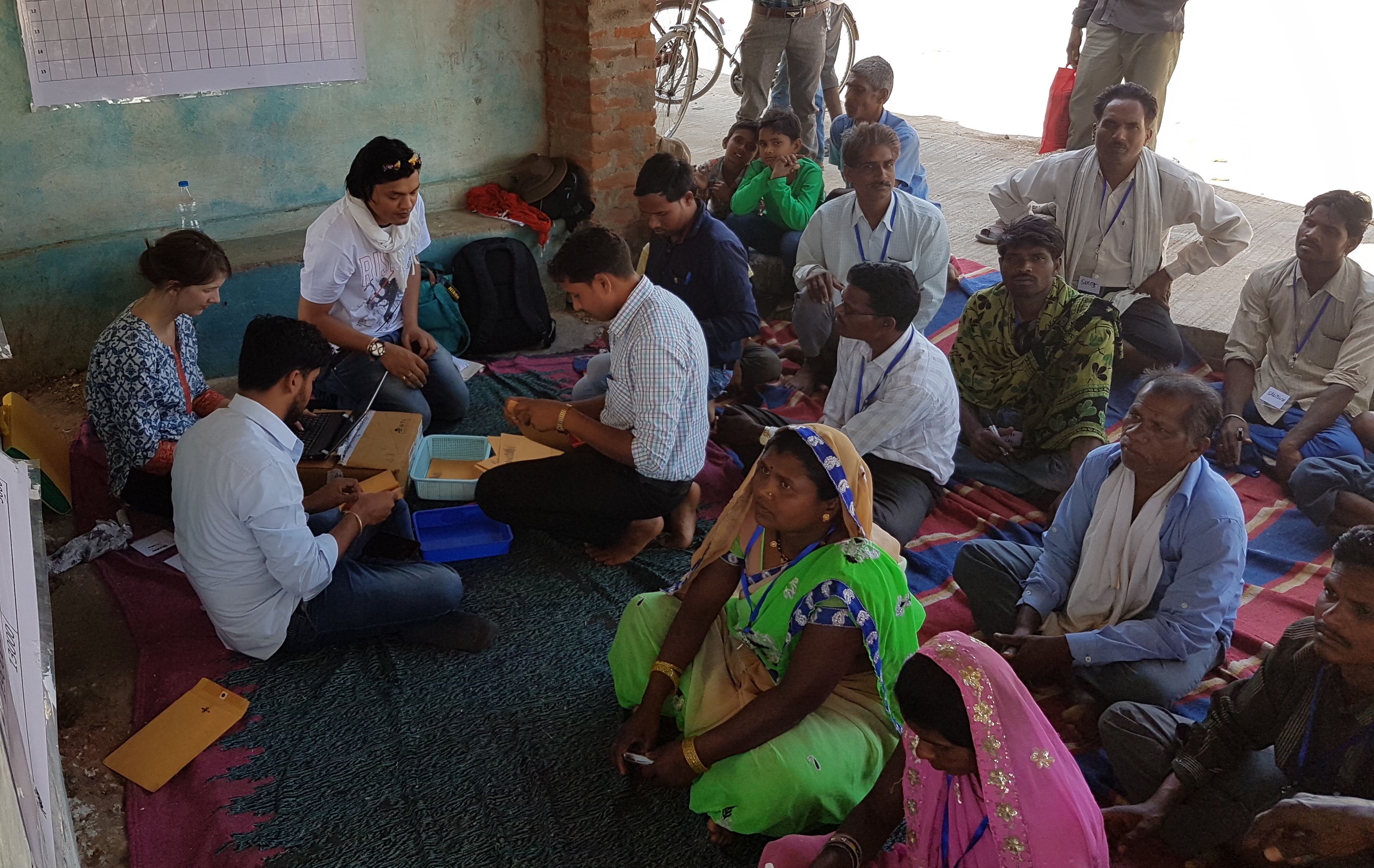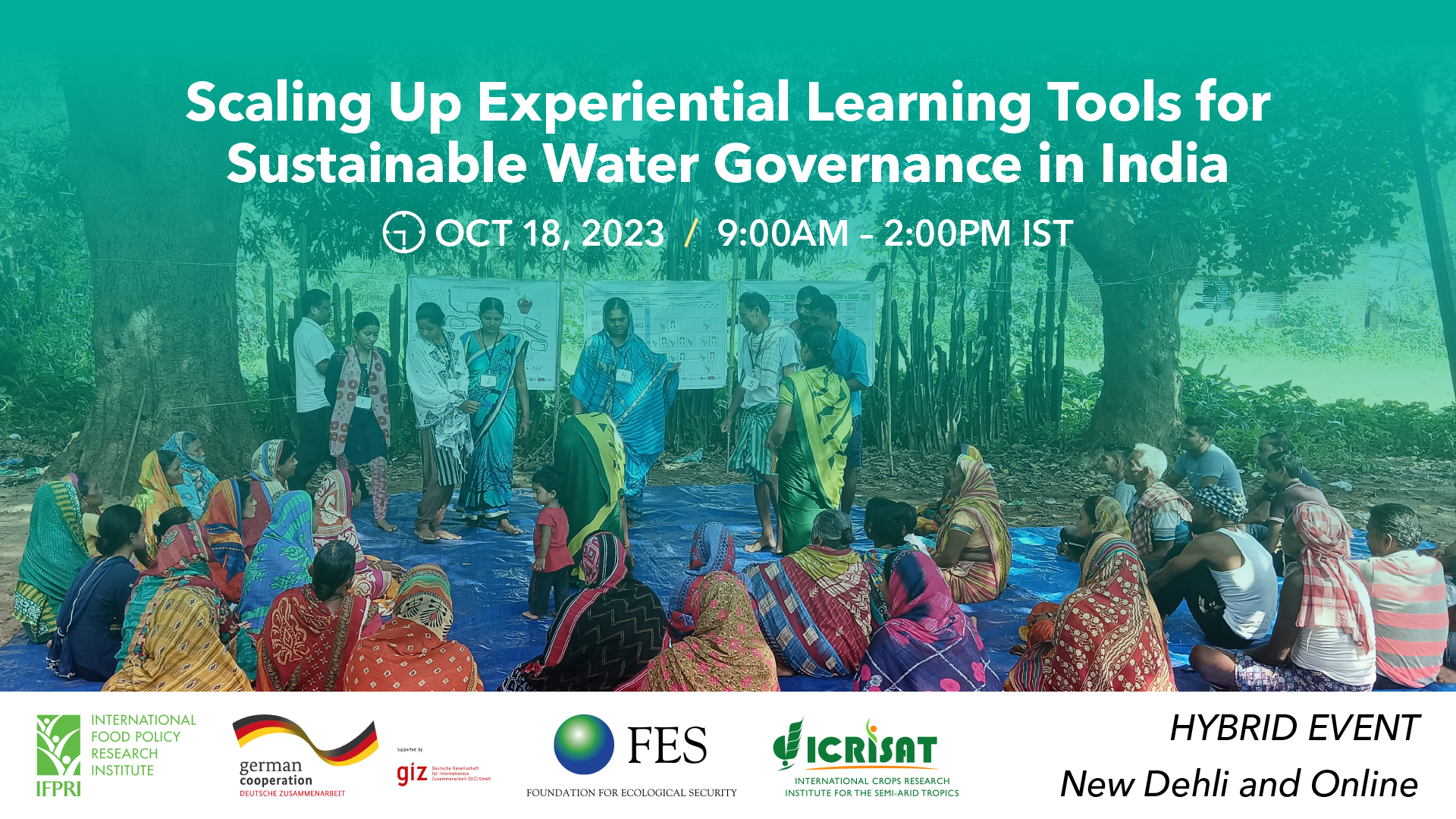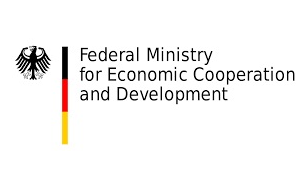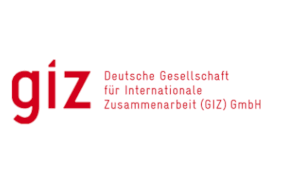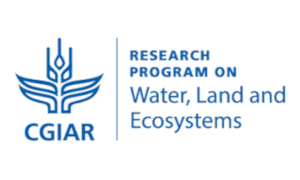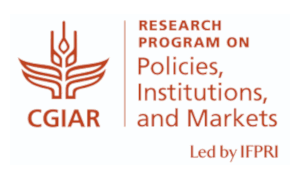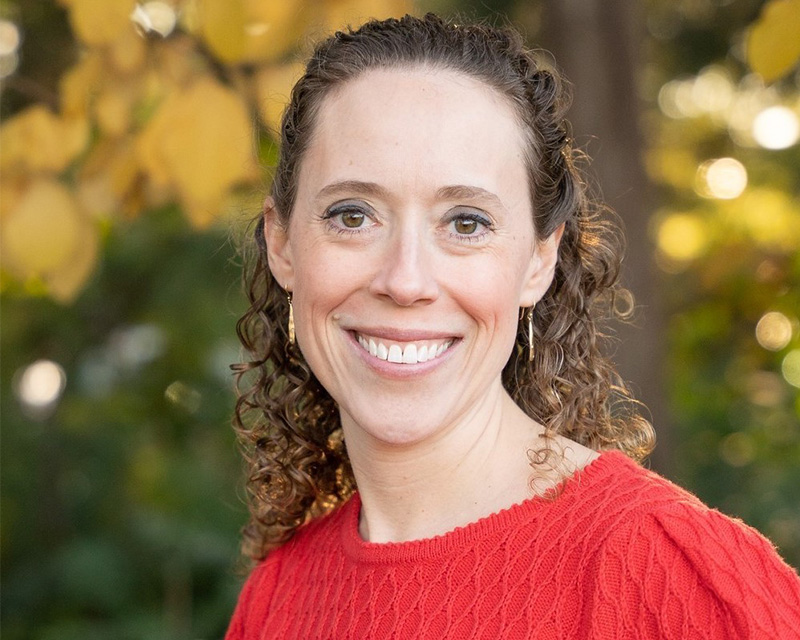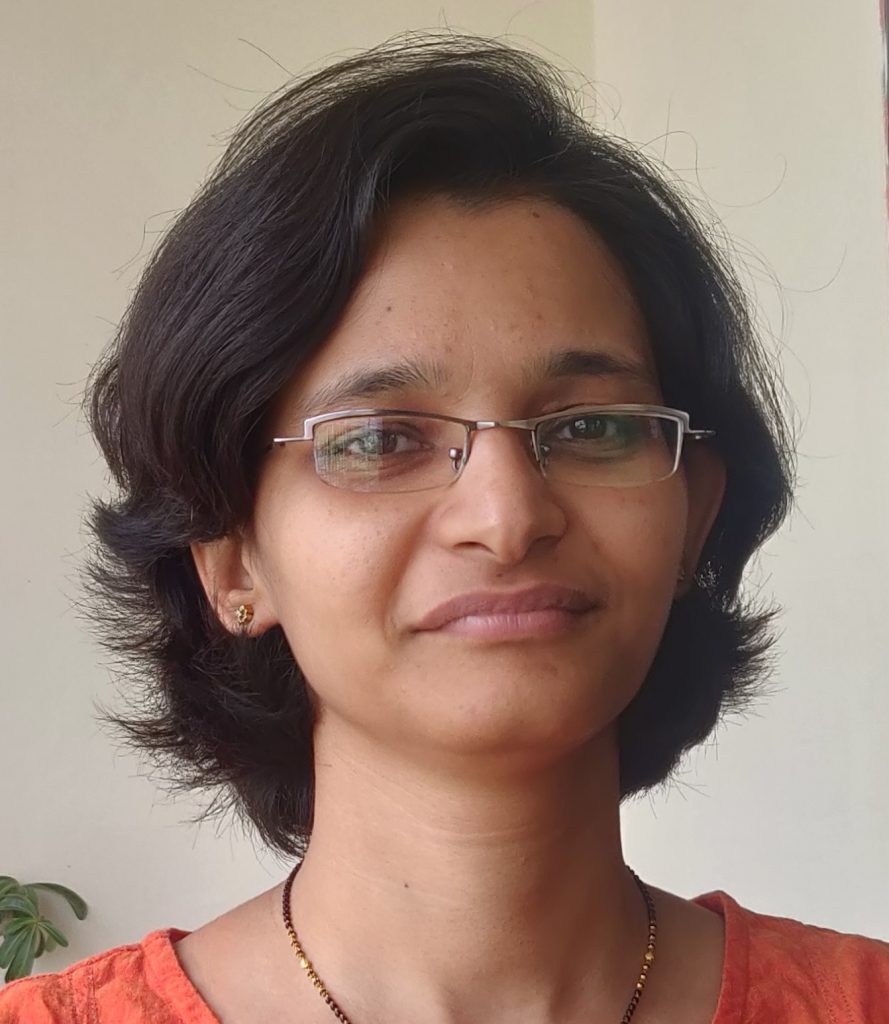As a common pool resource with high subtractability and low excludability, water is easily depleted if no effective coordination exists among users to ensure provision and regulate withdrawals. Overuse of groundwater resources is particularly challenging, as declines are not directly visible. In India, where more than 85 percent of domestic water and over 60 percent of food production depend on groundwater, about half of all wells show falling water tables, and current trends of over-extraction will put at least 25 percent of agricultural production at risk within 20 years. The majority of India’s population is estimated to face physical water scarcity for at least part of the year, with 600 million people living in areas of high to extreme water stress. As water management is highly complex, with many users sharing the same resource, often unknown to each other, stopping overuse is difficult, especially when it is more profitable to irrigate water-consumptive crops than water-conserving crops.
The project “Scaling up experiential learning tools for sustainable water governance in India” aimed to enhance sustainable water management at scale by improving the capacities of 1,500 rural communities covering 105,000 households directly and 2,000 communities covering 140,000 indirectly in six Indian states to manage water more sustainably through experiential learning from collective action games, structured community debriefings, and participatory water planning tools that contribute to greater awareness and improved governance, inducing behavioral change toward more sustainable water management.
IFPRI and International Crops Research Institute for the Semi-Arid Tropics (ICRISAT) worked with partners at the Indian NGO Foundation for Ecological Security under its Promise of Commons initiative, and Martin-Luther-Universität Halle-Wittenberg (MLU Halle) to scale-up experiential learning tools for water resources management across India.
By the project completion in June 2024, the package of interventions had been applied in 2053 communities directly and 4802 communities indirectly through a range of government programs, other NGOs, and private sector actors. The interventions initiated constructive conversations within communities regarding the pressing water challenges, where previously these issues were seldom discussed. Community members increased their contributions to infrastructure maintenance and reduced post-rainy season cultivated area. In some areas, the community passed resolutions to check water availability before making the winter crop choice. In other villages, the practice of sharing borewells has become a norm. Participating villages were more likely to record new local water rules in their community records. Women reported being more likely to make agricultural decisions.
Project Outputs:
- Journal articles: View from repository
- Presentations: View from repository
- Briefs: View from repository
- Report: View from repository
- Working paper: View from repository
- Blogs: View from IFPRI.org
- Tools: View from WOCAT
Other Blogs
- Falk, T., Schüpf, D., Zhang, W., Soliev, I. (2021) Understanding behavioral change for improved water governance: Reflecting on ongoing development interventions in India. Blog published at the European website of the International Association for the Study of the Commons [Link]
- CGIAR Nexus Gains Blog. (2024) Governing groundwater with knowledge, motivation, and agency [Link]
GAME MANUALS AND VIDEOS
- Foundation for Ecological Security, International Crops Research Institute for the Semi-Arid Tropics, and International Food Policy Research Institute. (2021). Commoning the Commons: A Sourcebook to Strengthen Management and Governance of Water as Commons [Link].
- International Crops Research Institute for the Semi-Arid Tropics (ICRISAT), Foundation for Ecological Security (FES) & International Food Policy Research Institute (IFPRI). (2022). Channel Irrigation Game Manual. ICRISAT and FES, India; IFPRI, USA. Manual: Link and Videos: Game 1 | Game 2 | Game 3
- International Crops Research Institute for the Semi-Arid Tropics (ICRISAT), Foundation for Ecological Security (FES) & International Food Policy Research Institute (IFPRI). (2022). Dam Maintenance Game Manual. ICRISAT and FES, India; IFPRI, USA. Manual: Link and Videos: Game 1 | Game 2 | Game 3
- International Food Policy Research Institute (IFPRI), Foundation for Ecological Security (FES), International Crops Research Institute for the Semi-Arid Tropics (ICRISAT) & Arizona State University (ASU) (2022). Groundwater Game Practitioner’s Manual, version 2. IFPRI and ASU, USA; ICRISAT and FES, India. Manual: Link and Videos: Game 1, Game 2, Game 3
- International Crops Research Institute for the Semi-Arid Tropics (ICRISAT) & Foundation for Ecological Security (FES). (2022). Surface Water Game Manual. ICRISAT and FES, India. Manual: Link and Videos: Game 1, Game 2, Game 3
Other videos
- Meinzen-Dick, Ruth. 2022. Tools for Groundwater Governance. Presentation given during the CGIAR NEXUS Gains Initiative Webinar Talks 6: Tools for Groundwater Governance, November 16, 2022 [Video]
- Priyadarshini, P. and R. Sunil. 2022 Commoning Water: Reflections from using experiential learning methods and tools to strengthen water governance. Presentation given during the CGIAR NEXUS Gains Initiative Webinar Talks 6: Tools for Groundwater Governance, November 16, 2022 [Video; starts at 23:53]
- Surface Water Game Videos: Game 1, Game 2, Game 3
- Channel Irrigation Game Videos: Game 1, Game 2, Game 3
- Dam Maintenance Game Videos: Game 1, Game 2, Game 3
- Groundwater Game Videos: Game 1, Game 2, Game 3




